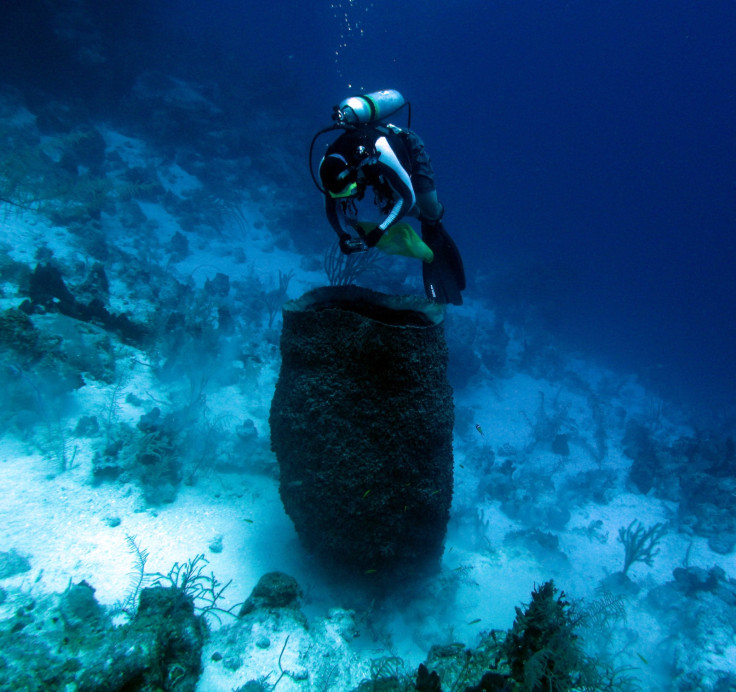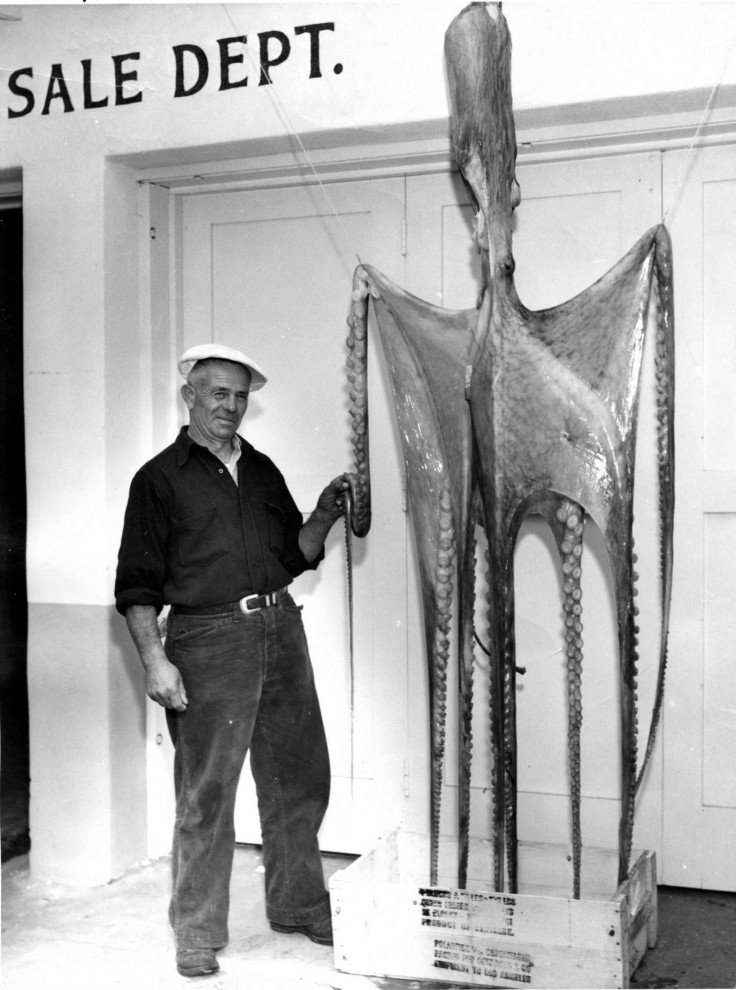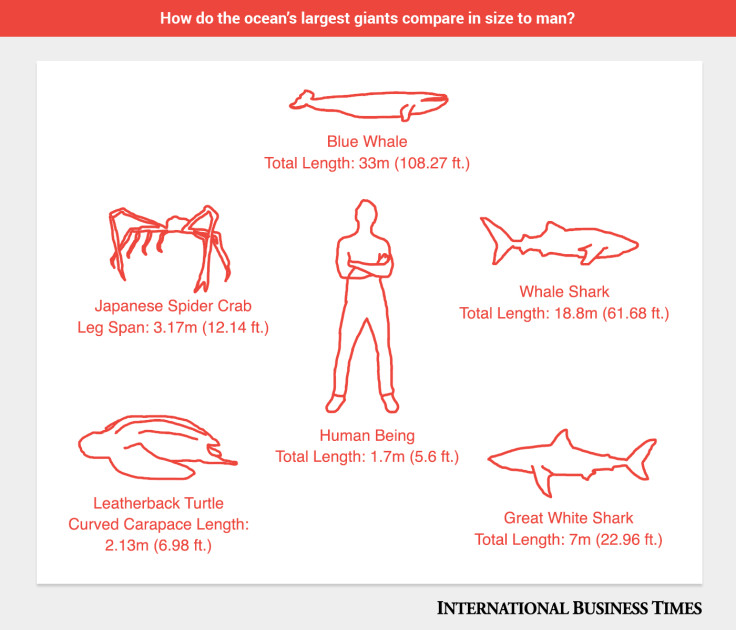Lion's mane jellyfish and giant octopus: How big sea monsters really are
Records from the 1800s suggest giant squid can grow up to 60ft in length – almost two double decker buses – but this is not the case, researchers have said.
What is far more monstrous is the lion's mane jellyfish, which reaches 120ft – far longer than the blue whale or any other known creature of the deep.
Scientists at the National Evolutionary Synthesis Centre in North Carolina analysed the body size of 25 marine species in a bid to challenge the exact measurements in comparison to human bias towards larger individuals.
Craig McClain, primary author of the study, said: "Several years ago I noticed that people kept saying that giant squids reached 60 feet in length, which is amazingly long. When I started actually looking at the data, I found that that estimate was actually quite unrealistic."
The team conducted historical research by checking museum specimens, speaking with other scientists and collectors and even checking eBay for specimens for sale.

In terms of the giant squid, McClain said that squid muscle fibres loosen and stretch after death, which could result in the reports from 200 years ago. In reality, live giant squid only reach up to 40ft.
Published in the journal Peer J, experts looked at ocean giants that fascinated them most, with species including great white sharks, giant tube worms, and the colossal squid.
Study co-author Meghan Balk said: "What people think of as the biggest representatives aren't usually the most optimal. It says a lot about what it means to be large. How beneficial is it to be the biggest in a big species?"

Among humans, being abnormally tall is not beneficial to the individual – they normally have reduced lifespan and health problems as a result.
Researchers looked at what environmental factors could lead to bigger species and where being large would be beneficial. They hope to eventually replace the "erroneous measurements" found in textbooks with more realistic sizes for these creatures.
However, Balk said there is more to be done: "A lot of questions that we sought to answer are still not answered either because of lack of research or lack of access. I think that this paper will open up discussions about collecting and sharing data to gain a broader understanding of a species."
McClain added: "Precise, accurate, and quantified measurements matter at both a philosophical and pragmatic level. Saying something is approximately 'this big,' while holding your arms out won't cut it, nor will inflating how large some of these animals are."

© Copyright IBTimes 2025. All rights reserved.






















